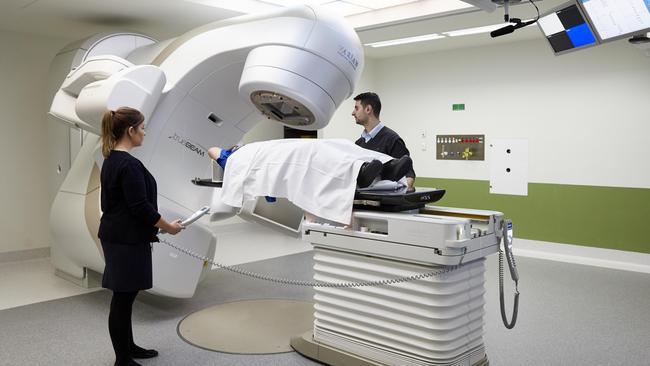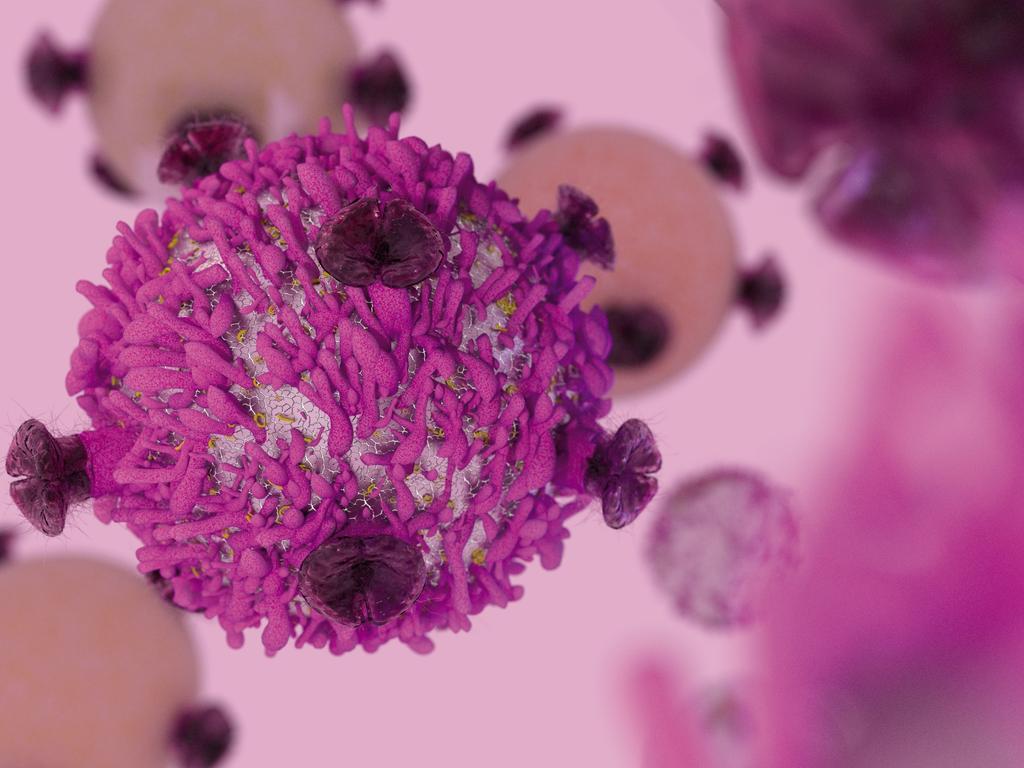Australian-led trial shows unprecedented effectiveness against inoperable kidney cancer
A high-powered form of radiotherapy has shown unprecedented results in treating patients with inoperable kidney tumours.

A precisely targeted and high-powered form of radiotherapy has shown unprecedented results in providing long-term cancer control for patients with inoperable kidney tumours, a new trial has revealed.
Phase two of the first multi-centre clinical trial tested stereotactic body radiation (SABR) as a non-invasive treatment for kidney cancer and involved 70 patients with high-risk tumours not suited for surgery who received a precisely targeted form of radiotherapy that allowed patients to receive much higher doses than conventional radiotherapy.
The research, published in Lancet Oncology and led by the Peter MacCallum Cancer Centre, found SABR to be effective in stopping kidney tumours from growing, with a groundbreaking 100 per cent control rate – none of the patients experienced a local progression of their tumour or died from the cancer during the trial period.
The patients, who prior to the trial had very limited curative treatment options, received SABR treatments at one of seven Australian sites or at a hospital in The Netherlands between 2016 and 2020.
Each patient had a single tumour averaging at a relatively large 4.6cm targeted with SABR either in a single dose – for tumours under 4cm – or across three doses for larger tumours, the results of which were tracked for a median of 3½ years.
Participants in the trial, led by clinician-researcher Shankar Siva, the incumbent Cancer Council Victoria Colebatch Fellowship recipient, had only modest side-effects and impairment of kidney function, with results showing an overall survival of 99 per cent one year after SABR, and 82 per cent at three years.

“Our study demonstrated that a novel treatment delivered in an outpatient setting is able to achieve unprecedented efficacy for patients with inoperable kidney cancer,” Professor Siva said.
“There’s an unmet need for curing this type of cancer, and our findings point to the potential of radiation therapy to address that need.”
Professor Siva said the findings of this non-randomised phase two clinical trial justified designing a randomised phase three trial to compare SABR to surgery for patients with operable kidney cancer.
“The prospect of comparing SABR to traditional surgery in a larger clinical trial holds immense potential in reshaping kidney cancer treatment strategies,” he said.
“Surgery has been the standard of care for kidney cancer, either to remove a tumour and a surrounding margin or removing the entire kidney.
“If shown to be similar, given a choice between the two, I believe a lot of patients would opt for non-invasive radiation.”
The Cancer Council said more than 4600 people were diagnosed with kidney cancer in 2023, with an average age at diagnosis of 65.
Kidney cancer is the seventh-most commonly diagnosed form of cancer in Australia, with one in 65 people diagnosed with the disease by the time they are 85.






